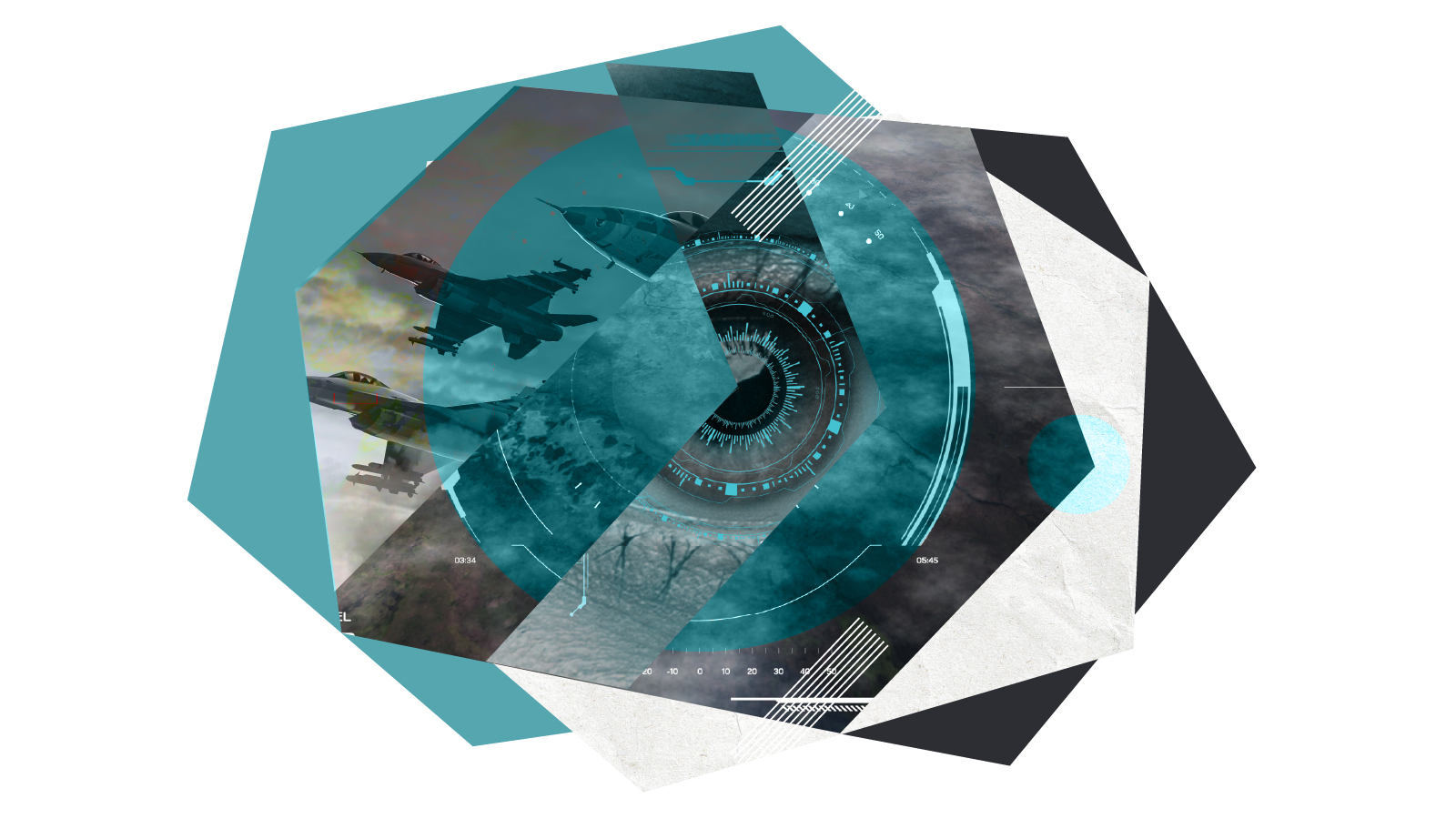From underdog to decacorn: The remarkable career of Daniel Dines, CEO of UiPath
From Romanian startup to multi-billion dollar company, this CEO and co-founder imparts lessons learned from an unlikely journey to the top.
As a young boy in Romania, Daniel Dines recalls always feeling a strong drive to build something. Playing in his grandparent’s garden at age nine, he dreamt of becoming a writer. But these fanciful wishes played out against a backdrop of feeling “stuck in time” in a communist country where progress had stagnated. At the age of nineteen, Daniel’s parents got divorced and could no longer afford to support him. “I had to make my own living,” he recalls. “It was a lot of hardship, but in a way, it was a colorful life.”
From these humble beginnings, Daniel moved on to found a decacorn startup, an honor that only 84 companies have ever achieved. In 2001, he cut his teeth in the tech industry at Microsoft in Seattle. But in 2005, he decided to take what he’d learned about tech and return to his native Romania to fulfill his dream of building a business. He started a small tech outsourcing company, DeskOver, which would reinvent itself many times over until it became UiPath.
Today, UiPath has over 3200 employees, has raised $2 billion in venture capital, and trades well above 30 billion in the public markets. In April 2021, the company went public, raising more than $1.3 billion. In this article, Daniel Dines imparts wisdom from his unlikely journey, including why failures are the best training a CEO can get, why starting with an international go-to-market strategy can enable mega-growth, and why CEOs need unwavering self-confidence.
Pivots and failures are invaluable training for a future CEO
Like most “overnight successes,” Daniel took many years—and many pivots—to ultimately triumph. After he moved back to Romania, it took him eight years to go from zero to 500K in annual recurring revenue (ARR.) The business started as an outsourcing services company. Then, he made a short-lived foray into consumer products: “They didn't work,” he recalls. Finally, when he took a piece of technology from one of those consumer products and converted it into an original equipment manufacturer (OEM) business, he was able to achieve a modicum of success.
“It made a living for us—the company was generating $100K-200K per year in 2010-2011. But that was really not what I wanted from life,” he says. “I felt that I ruined my career.”
But in 2012 when Daniel and his team eventually realized that they could productize the services they were offering to engineering businesses, the business today known as UiPath really took off.
It was only with the benefit of hindsight that Daniel was able to recognize his early failures and misses as the boot camp he needed to eventually earn the CEO title. “A CEO is someone who knows a lot of things about a lot of things, but doesn't know anything really well,” he says. “My winding path was essential for my formation as CEO.”
To achieve more, go global sooner than you think
As an up-and-coming entrepreneur, Daniel was frequently told that the way to build a blockbuster business was to first perfect his go-to-market strategy in America, and then replicate the strategy to expand across the world. But Daniel ignored this advice and instead relied on his own intuition. His inner voice told him to embrace an international go-to-market strategy from day one.
“I’m proof that you can change the playbook and grow across the world simultaneously. It will only accelerate your growth rate,” says Daniel. “What you can do in ten years as a US company, you can probably build in four years if you go to market globally.”
That doesn’t mean it’s easy though, as Daniel readily admits. “You need to have a higher tolerance for failure and experimentation,” he says. “You have to admit that it's challenging to communicate across different cultures and it’s always difficult to find good leaders.” But he believes it's a toll that a CEO should be able to take. “You cannot build a global company sitting in your comfort zone.”
Daniel never stayed more than two weeks in the same city for over four years. “But I look at our growth rates, which were insane, and there’s no way we would have achieved this without our big, global go-to-market efforts simultaneously across multiple continents.”
Don’t cling to past decisions simply because they’ve been established
Daniel is a big believer that leaders always have to be watching and ready to change their strategy on a dime. “I hate when I challenge people and they say, ‘But remember, we made the decision?’” says Daniel. “I say, ‘Who cares if we made the decision? If we have new data, we can make another decision.’”
Daniel sees decision-making as a very simple equation. “You make a decision today that helps you accumulate data. Then when you have enough data, you make another decision that also accelerates the data you can collect. It keeps on accelerating and you make better and better decisions over time.”
“Some people believe that truth is something you can truly achieve in this life,” he says. I tell my people, truth is like the limit in math. You can get close to it, but you'll never reach it. And there is always room to get closer.”
Don’t let yourself be intimidated by the big guys
As an avid tennis player, Daniel often applies lessons he learns on the court to his job as a chief executive. When his top competitor, Blue Prism, creator of the robotic process automation category, IPOed in 2016, it was a tense moment for some folks on Daniel’s team who feared their competitor’s momentum. But Daniel felt unwaveringly calm and confident.
“In tennis, when you play someone who isn’t more skilled than you, but has more hype, it can shake you. You can lose your confidence and focus and end up losing the match. I’ve seen it happen many times,” he says.
“When Blue Prism went public, I still knew our technology was better,” says Daniel. “Because there is no way some random engineers out of Romania could build a company that beat out some public companies without better technology.”
Daniel insists that as a leader and as an athlete, you have to be in the moment and listen to your gut feelings. “Don't overthink. When you overthink, it's not going to work. But if you trust yourself, you’ll do the right things.”
“It doesn't matter if your competitor is 10 times bigger than you,” he continues. “We were up against Automation in Europe, a company that was 20 to 50 times bigger than us in terms of revenue and number of people in 2015. It doesn't matter. If you are on the right trajectory at some point, and your growth rate is higher, at some point you meet them and then you jump ahead of them.”
“To me, the lesson is, don't be intimidated by big guys in this,” says Daniel, whose market capitalization today is roughly 15x Blue Prism’s.





